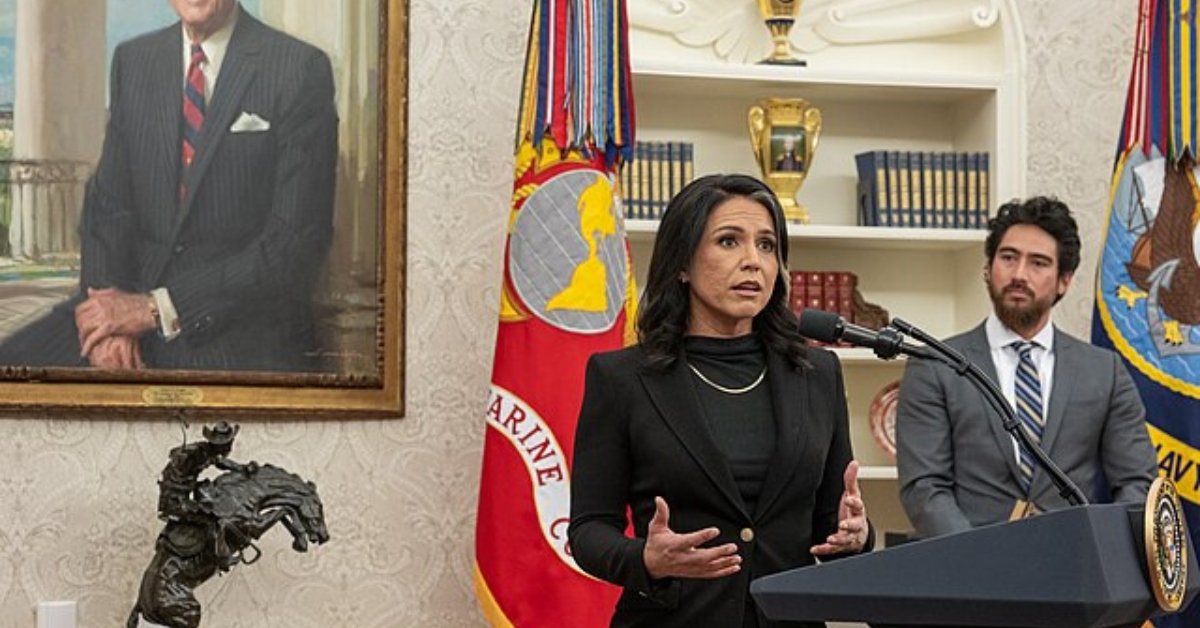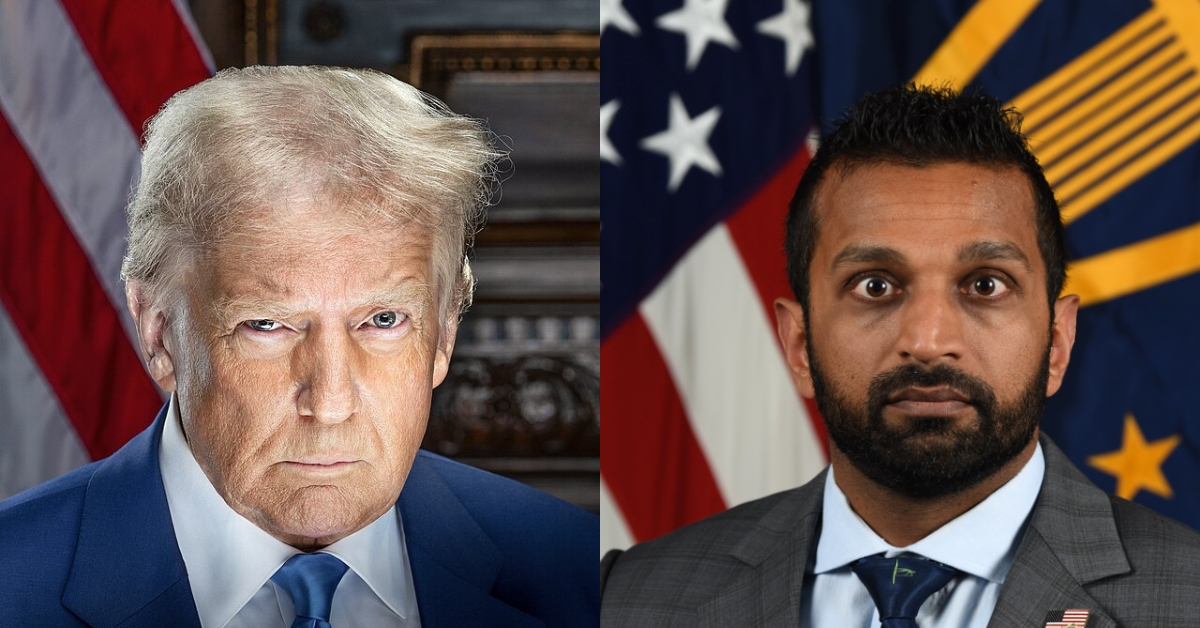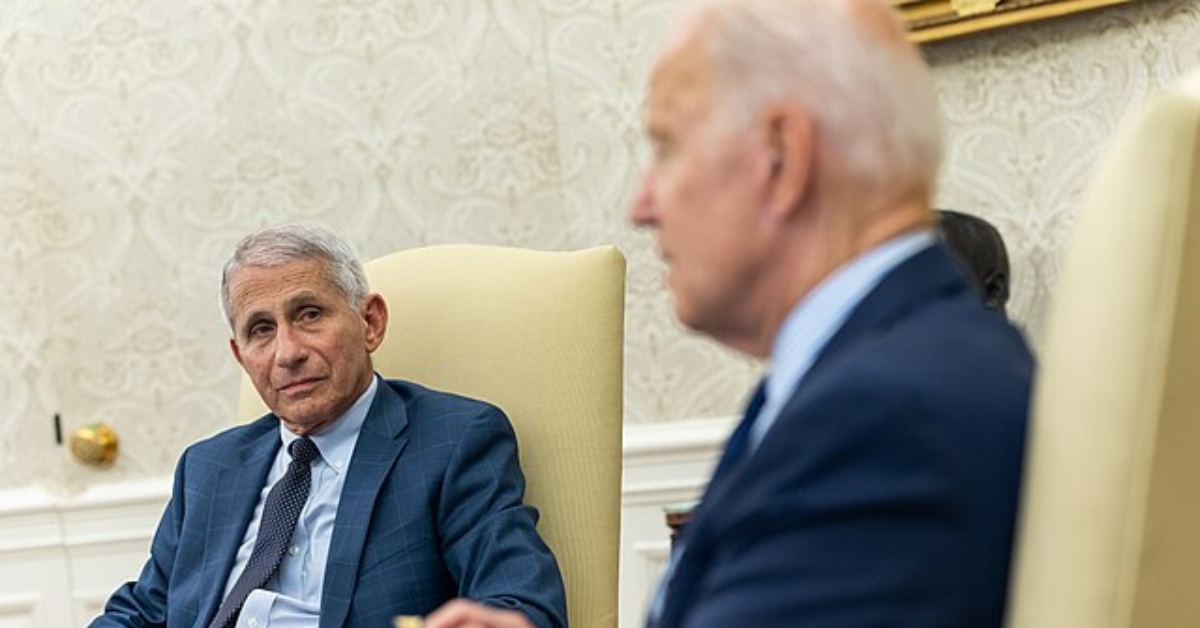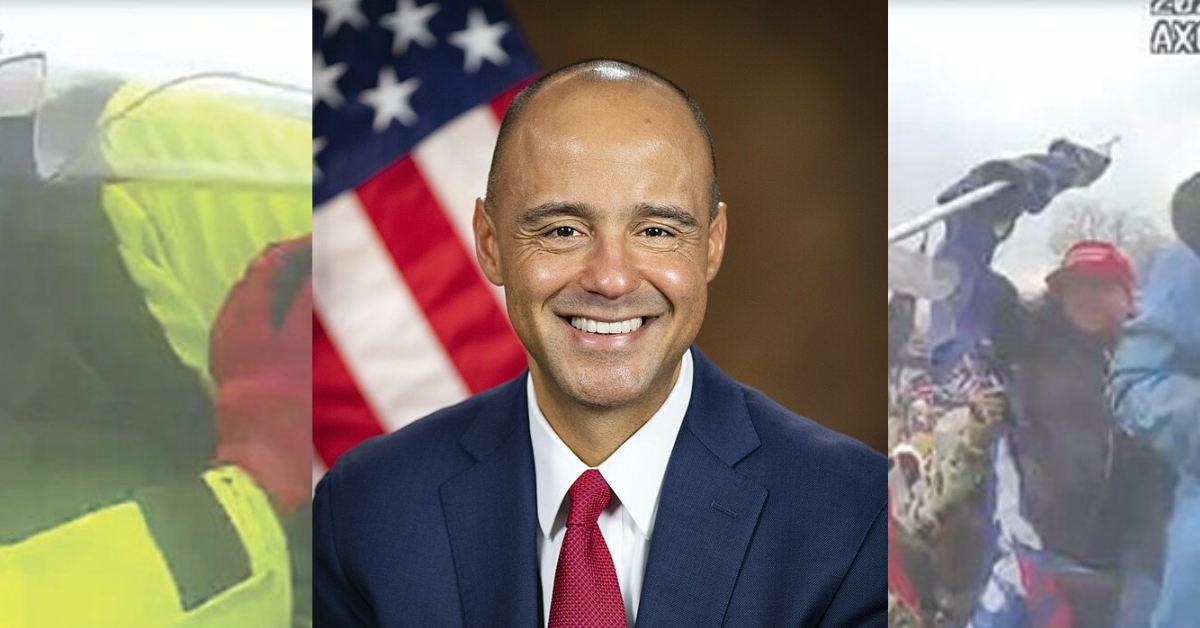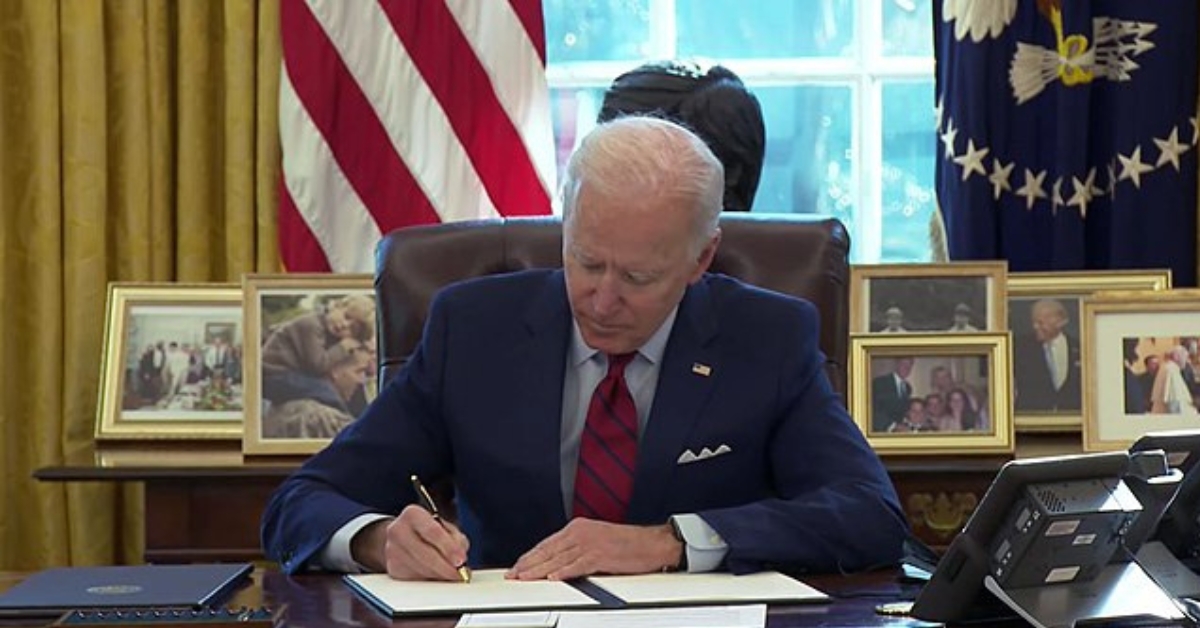
SCOTUS Allows Biden to Continue Social Media Censorship
In what can only be described as a grievous blow to the First Amendment, the Supreme Court, with a 6-3 decision, has essentially given the Biden administration a green light to continue what can only be termed as covert censorship collaborations with big tech giants. This ruling, stemming from the landmark Murthy v. Missouri case, reversed a lower court’s attempt to restrain federal officials from strong-arming social media platforms into silencing voices that dissent from prevailing government-endorsed narratives.
This case was brought to the forefront by the Republican attorneys general of Missouri and Louisiana alongside individual plaintiffs who experienced direct censorship. They argued that the administration’s dealings with social media companies constituted not just an overreach but a dire threat to free speech—an argument that a lower court found compelling enough to label the government’s actions as potentially the most massive attack against free speech in our nation’s history.
Yet, the Supreme Court’s ruling sidestepped these pressing concerns. Justice Amy Coney Barrett, writing for the majority, dismissed the plaintiffs’ fears of ongoing censorship as insufficiently linked to direct government actions. It’s a chilling reminder that the right to free speech is under subtle siege by an administration willing to leverage its influence over Silicon Valley to suppress inconvenient truths.
This Ruling Sets a Dangerous Precedent
During litigation, the curtain was pulled back to reveal a disturbing tableau of government emails and directives, which included everything from the CDC flagging undesirable posts for deletion to White House officials pressuring platforms to mute influential voices like Tucker Carlson under the guise of combating “misinformation.” It’s a scenario straight out of an Orwellian playbook, with the federal government deciding which viewpoints are permissible and which are not.
Furthermore, the administration’s justification for this overreach was alarmingly weak, anchored in the claim that stopping these conversations would hinder the President’s ability to address public concerns. This is not just a flimsy argument; it’s a dangerous precedent that equates government spin with the public good, sacrificing the bedrock principle of free expression on the altar of political convenience.
The dissenting opinion, penned by Justice Samuel Alito and joined by Justices Neil Gorsuch and Clarence Thomas, hits the nail on the head. Alito warns that the ruling sets a dangerous precedent, effectively endorsing a blueprint for future administrations to manipulate public discourse under the threat of coercion.
This isn’t just about which administration is in power or which policies are being pushed. It’s about preserving the fundamental rights that underpin our democracy. The Supreme Court’s decision is a stark reminder that vigilance is needed now more than ever to protect our liberties from those who would quietly erode them for expedience or political gain.
